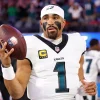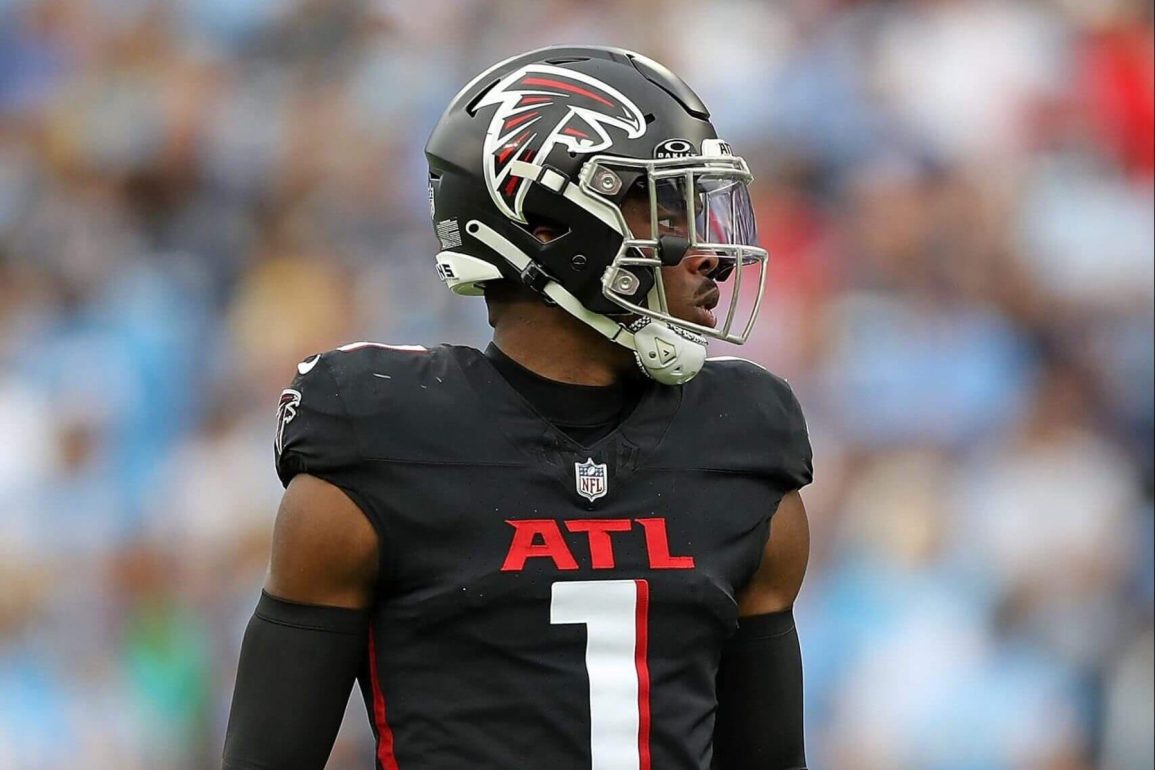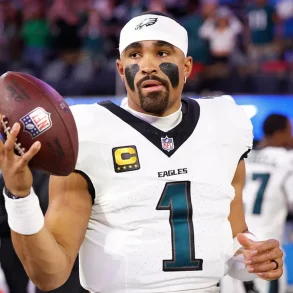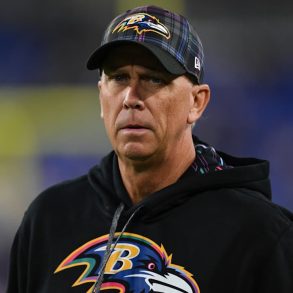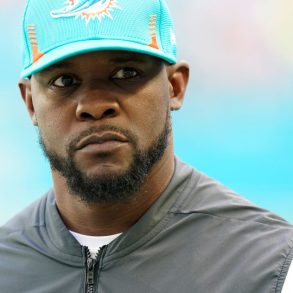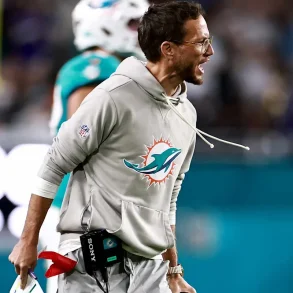Since the NFL introduced the rule prohibiting players from lowering their helmets to make forcible contact with opponents, its enforcement has been a point of contention. While the league has imposed a significant number of fines, referees have been far less consistent in throwing flags during games. This discrepancy has sparked debate over the effectiveness and clarity of the rule.
Jeff Okudah Penalized For Helmet Use, Yet Escapes Fine Amid Enforcement Confusion
During the Minnesota Vikings’ dominant 48-10 victory over the Cincinnati Bengals, cornerback Jeff Okudah was flagged for an illegal use of the helmet in the second quarter. The penalty occurred after Bengals receiver Tee Higgins made a catch on third down as part of Cincinnati’s first scoring drive. Interestingly, Okudah was not fined after the game, despite the on-field penalty.
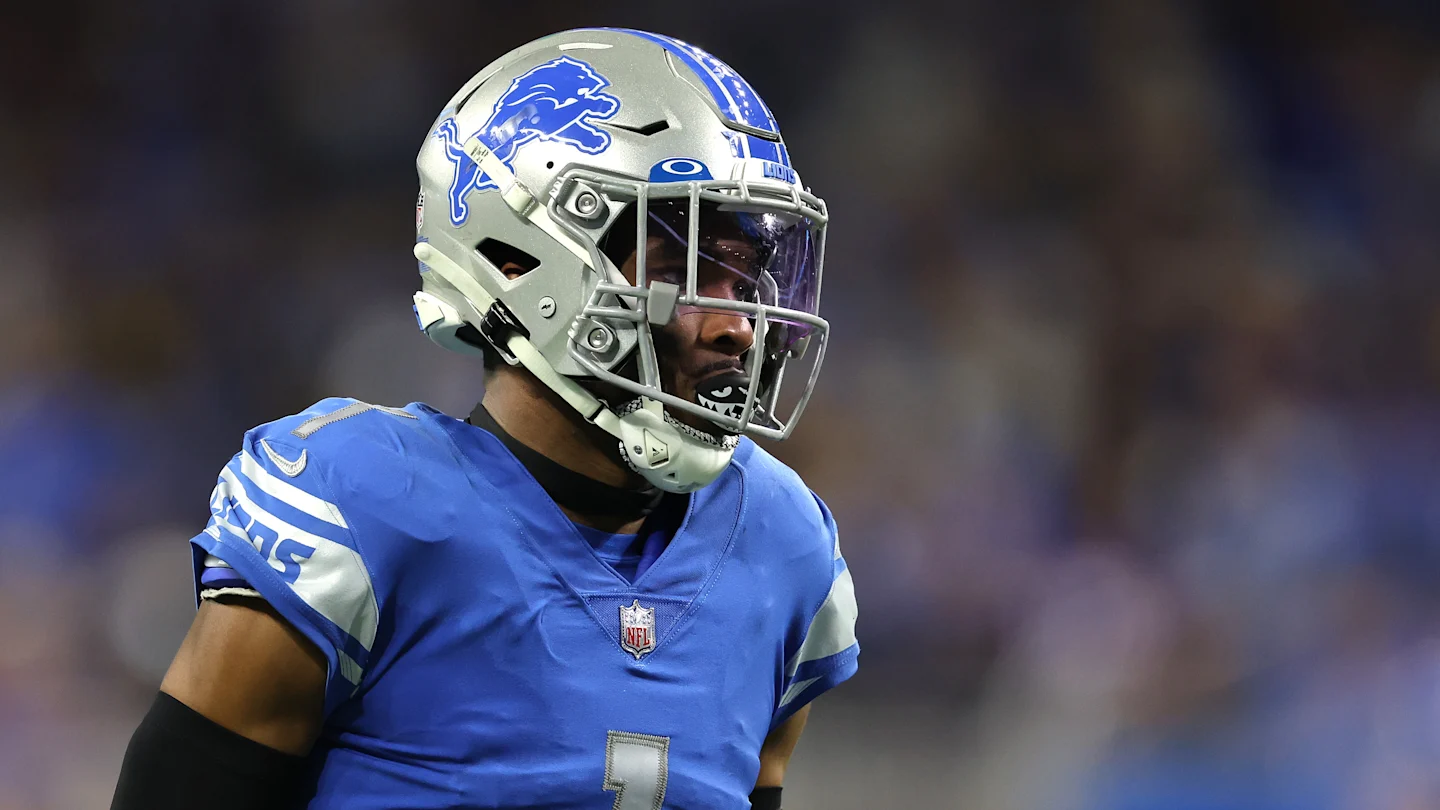
The inconsistency in rule enforcement highlights the difficulty officials and league officials face in applying the helmet-lowering regulation. Many fines have been overturned upon appeal, suggesting ambiguity in how the rule is interpreted. In Okudah’s case, it appears the league anticipated a likely reversal had a fine been issued, and therefore chose not to impose one.
NFL Fines Five Players For Helmet Rule, Inconsistent Penalties Highlight Enforcement Struggle
Despite the uncertainty surrounding enforcement, the NFL handed out several helmet-related fines in Week 3. Raiders defensive back Isaiah Pola-Mao received a $17,248 fine, Dolphins running back Ollie Gordon II was fined $5,045, Saints defensive end Bryan Bresee was fined $18,581, Seahawks defensive lineman Leonard Williams was fined $23,186, and 49ers linebacker Fred Warner was fined $23,186. These numbers reflect the league’s continued emphasis on player safety, even amid enforcement challenges.
Of the five players fined, only Pola-Mao, Bresee, and Williams were penalized during games, while Gordon and Warner received no in-game flags. This imbalance underscores the ongoing struggle to apply the helmet rule consistently across officiating crews and league discipline offices. Until a clearer standard emerges, the controversy over fines without penalties or penalties without fines will likely persist.
